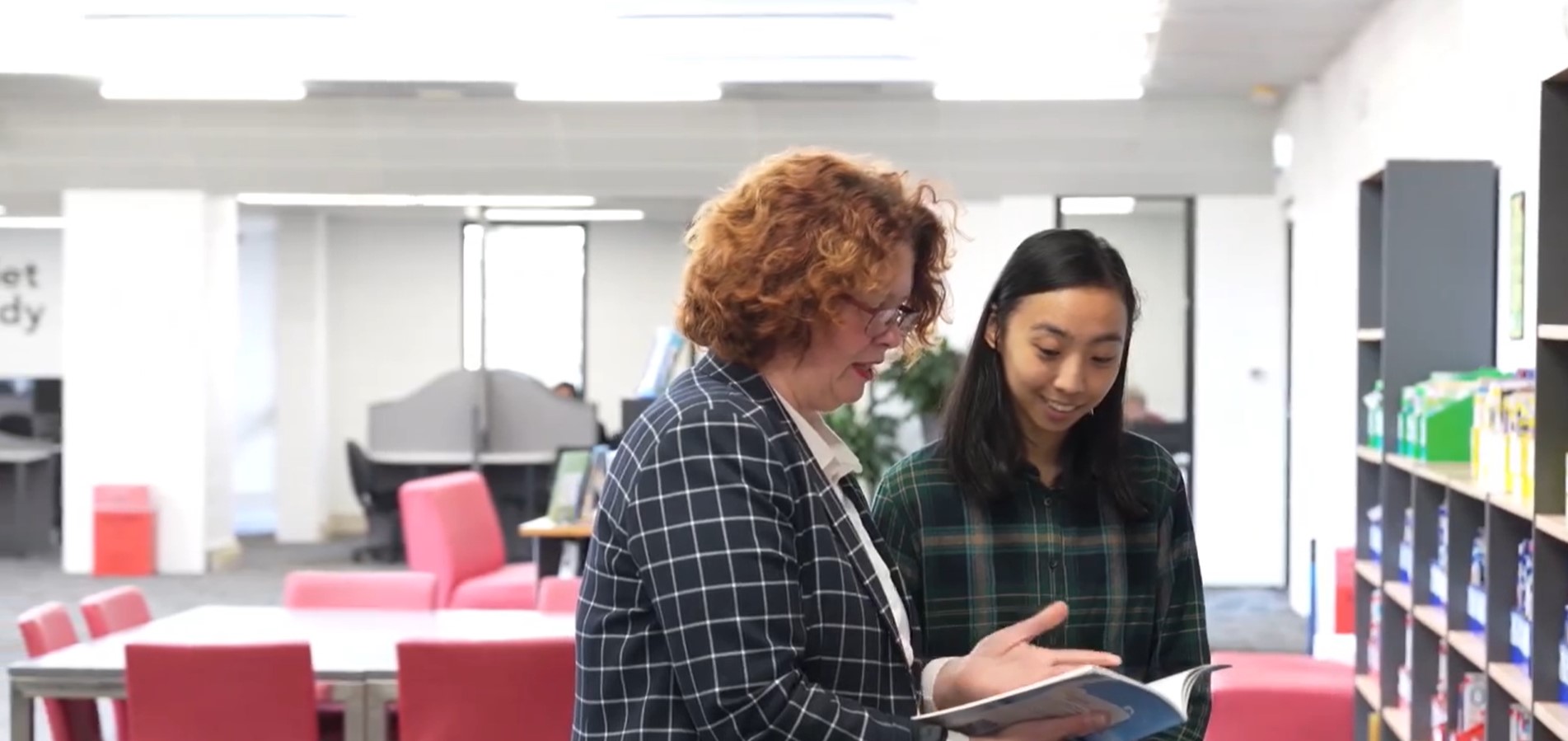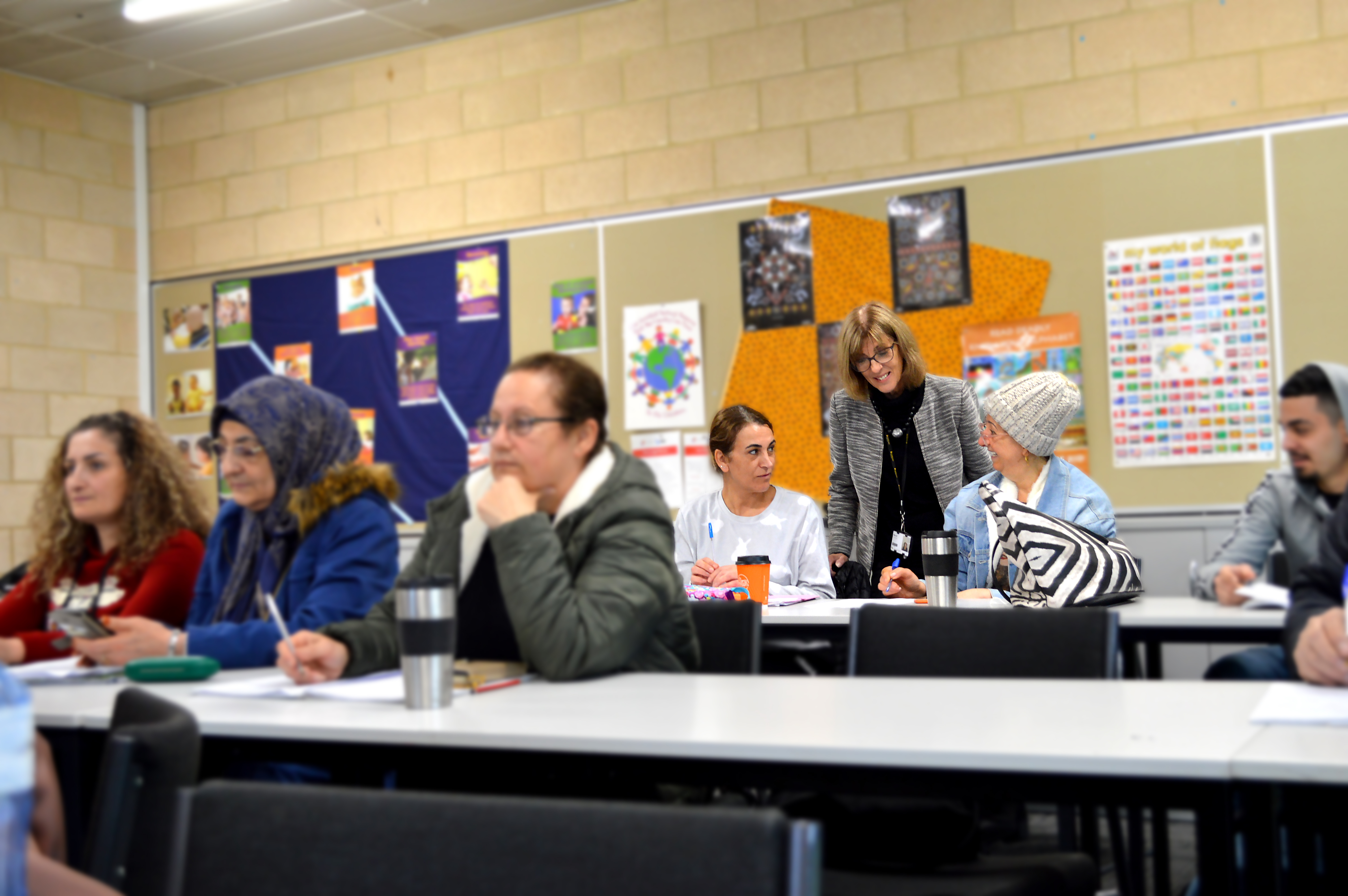Campuses
Kangan Institute Blog
What are Your Options for Finishing School?
The final few years of school are a time of transition. The future requires all of us to be adaptable and prepared, which makes deciding our next steps all the more important.
When deciding what to do after you finish school, there are many pathways that can lead to rewarding careers. While completing VCE or VCAL it helps to ask yourself the tough questions. What are your interests? Your likes and dislikes? Your preferred approaches to learning? Your hopes and visions for the future? Answering these questions will help you narrow down where you want to study train or work.
More often than not, students find it easier to continue with their studies straight out of school, as it doesn’t require too many lifestyle changes. Taking a gap year can make the transition back to education a little more difficult, especially if it requires swapping sleep-ins for morning lectures or full-time flexibility for long hours at the library.
There are a number of pathways in which you can take when you finish school, however, the options can sometimes feel overwhelming. To help you out, we have collated our best options for students thinking about their post Year 12 study options.
University
A university is an institution that offers undergraduate and postgraduate degrees. They offer a range of programs that are traditionally considered more theoretical approaches to learning. They provide instruction on intellectual matters, as well as the necessary space and tools in which students can conduct research.
Not only can university offer an environment that is rich in social and cultural experiences, but it can also help to further your career prospects. Getting a bachelor's degree will help your CV to stand out, granting you skills that are often favoured by employers, opening doors to sought after jobs.
TAFE Courses
TAFE courses offer an alternative for those who prefer to graduate with the hands-on skills and knowledge that will prepare them for work. These institutions offer predominantly ‘vocational’ courses that grant students practical insight into fields like hospitality, tourism, construction, office work, community work or undertaking a trade.
There are ample benefits to undertaking a TAFE course. Firstly, they provide learning experiences, which encourage hands-on development in practical skills, while weaving theoretical knowledge throughout. TAFE teachers are also equipped with current industry knowledge, often experts in their field. This relationship is strengthened through the smaller class sizes, allowing students to really get to know their peers and teachers, asking for support where they need it. TAFE also offers greater opportunities for internships and work placement, putting students ahead of the curve when graduation comes around.
Short Courses
As technology systems evolve, today’s fast-paced professional world requires the modern employee to be a jack-of-all-trades. Rather than spending ample amounts of money and time studying degrees and higher qualifications, short courses grant students the opportunity to update and validate their skill set in only a fraction of the time.
Ranging from one day to one year, short courses are a great way to try out an industry that you may not be all too familiar with. And, they are also used by current workers to stay at the top of their game, refreshing their skills when required.
If you have a hobby, enrolling in a short course can be a great way to build upon your already established skill set. This may be the key to unlocking your job prospects, giving you the push you need to figure out your next step.
Apprenticeship or Traineeship
For many, pre-apprenticeship training may have been undertaken part-time while still at school, alongside your VCE or VCAL studies. For others, the step into an apprenticeship or traineeship may be a new one.
Formally, an apprenticeship or traineeship is a training contract between an employee and an employer in which the trainee learns the skills necessary for a particular occupation or trade. They can be undertaken on a full or part-time basis, and used as an extremely valuable stepping stone to start a career.
As an apprentice, you will get a hands-on look at exactly what your every day will look like. You will learn valuable, nationally recognised job skills that combine formal training from TAFE with workplace-based training. Not only this but you will get paid while learning. It really is a win-win for those that prefer a practical approach to education.
You may also be interested in

17/11/2023
Taking the fast lane to a career in motor sport

12/11/2023
5 Reasons why you should upgrade your current Training Assessment Qualification to TAE40122

27/09/2023
